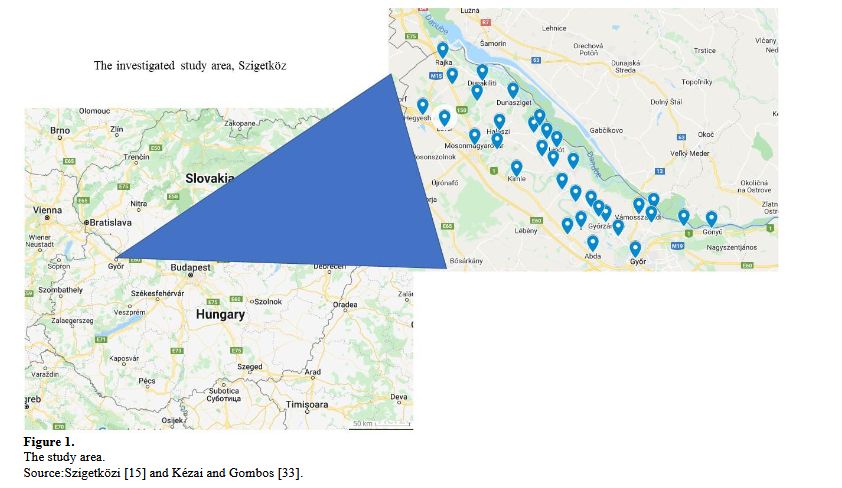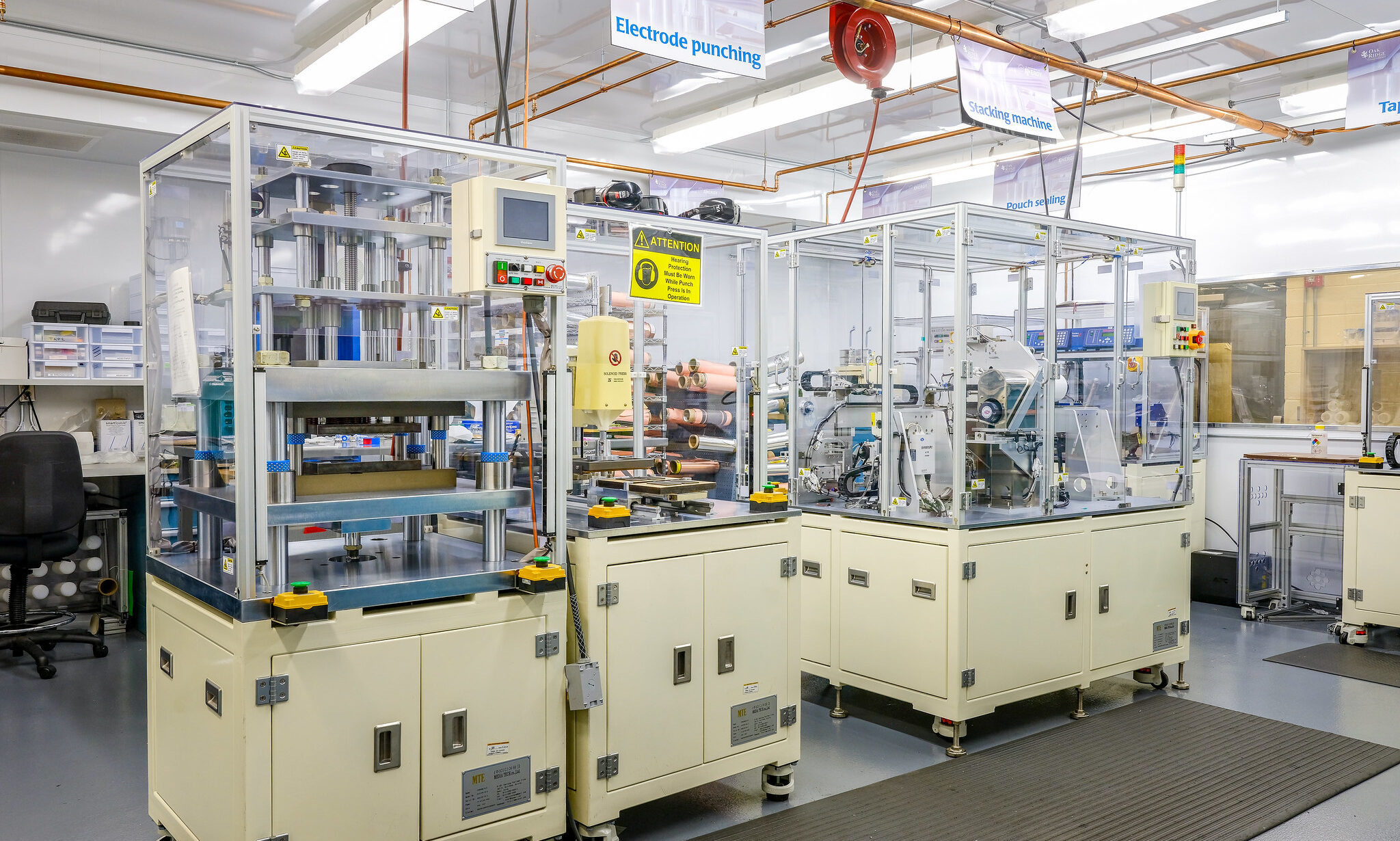The presentation will take place in a hybrid format via zoom interface and in person in room K.11-12; 14 March 2024, from 13:00.

Előadó: Bisztray Márta
Cím: Which Information and Communication Technologies promote Global Value Chain Integration? Evidence from firm-to-firm data (with Balázs Muraközy)
Abstract: Technology upgrading in general has been shown to be both a precondition for and consequence of integration into Global Value Chains (GVCs), but we know less about the role of specific technologies in this context. This paper focuses on information technologies allowing for automated information sharing with business partners (external AIS). We link unique administrative firm-to-firm transaction data from Hungary to a panel of detailed Information and Communication Technology (ICT) surveys to identify firms that sell to buyers which are multinational (MNE) or, more generally, integrated into GVCs. We present a simple model in which suppliers’ information technology complements MNEs’ technology and suppliers choose their information technology endogenously. Using external AIS helps firms in integrating into GVCs: suppliers using external AIS are more likely to be chosen by MNEs, and to get new MNE buyers. At the same time, MNE presence is associated with a higher rate of external AIS introduction: suppliers with more MNEs not only among actual but also among potential buyers are more likely to introduce external AIS technologies, which hints at spillover effects. According to these estimates, promoting AIS introduction may be effective in supporting GVC integration: AIS introduction by a supplier is associated with a 10pp (one third of the baseline probability) increase in the probability of serving an MNE. On the other hand, multinational entry can also promote AIS introduction: a 10pp higher MNE share among potential buyers increases the prevalence of AIS technologies by 16-24%.
Bio: Márta Bisztray is a research fellow at the Economic Growth and Competitiveness research group of HUN-REN KRTK KTI. Her research areas are international trade and empirical industrial organization. She is currently involved in research projects connected to foreign direct investment (supported by NRDI research grant), global value chains (as part of RETHINK-GSC, a Horizon Europe project) and links between firm characteristics and employee outcomes.







